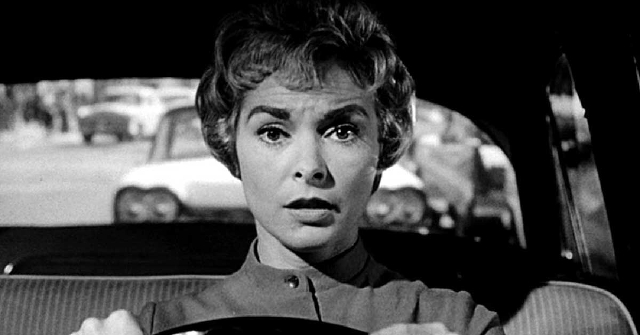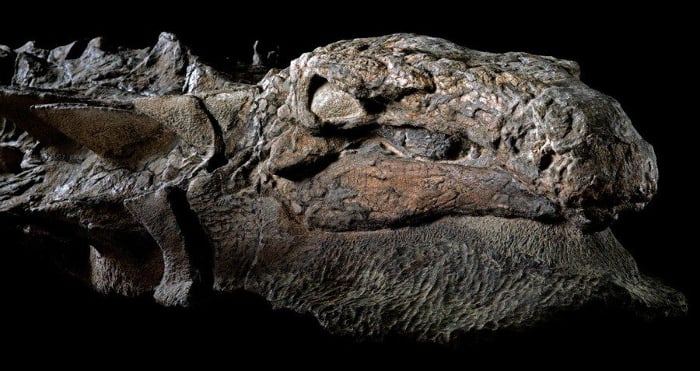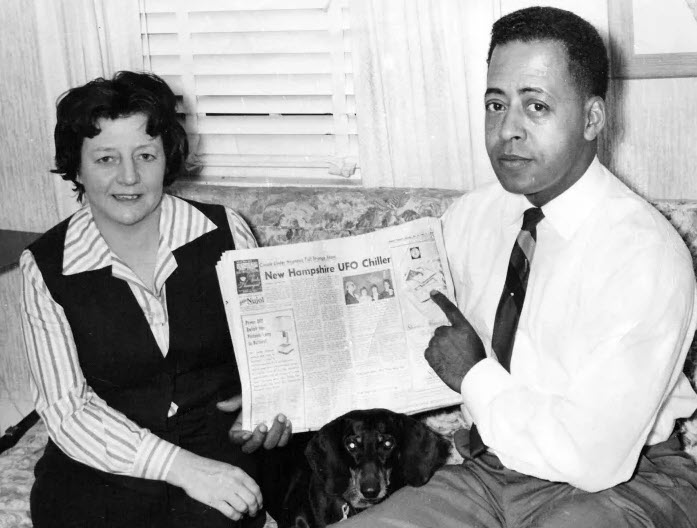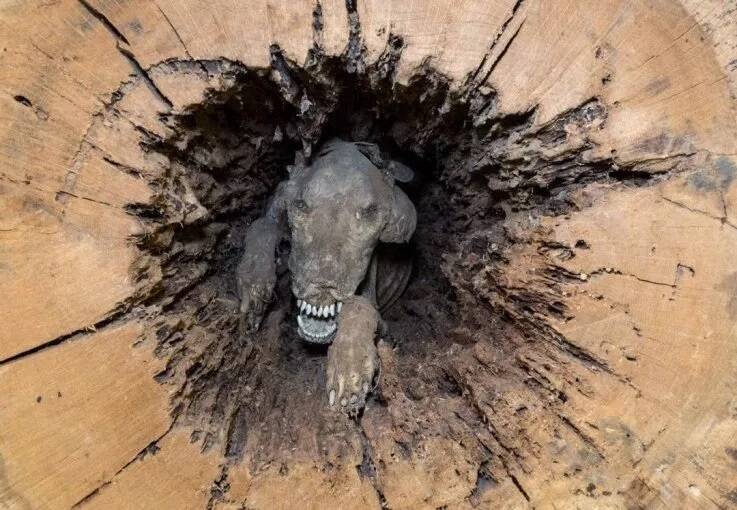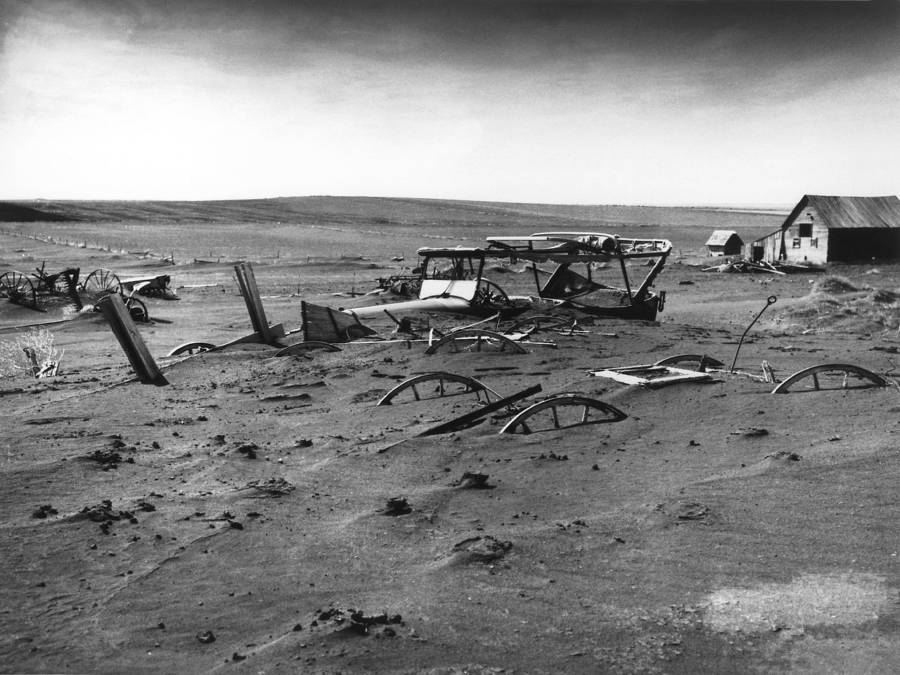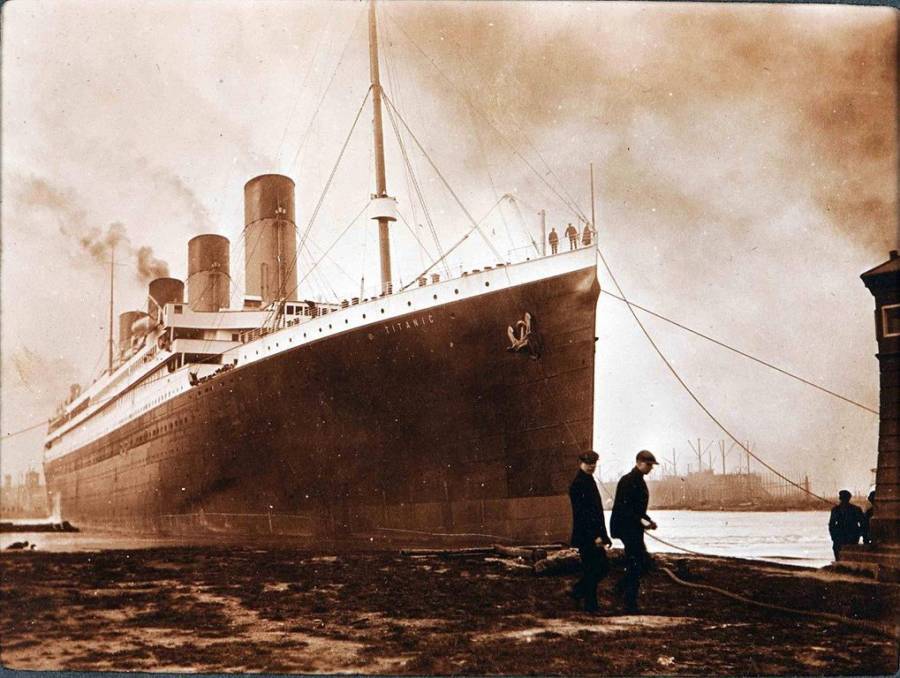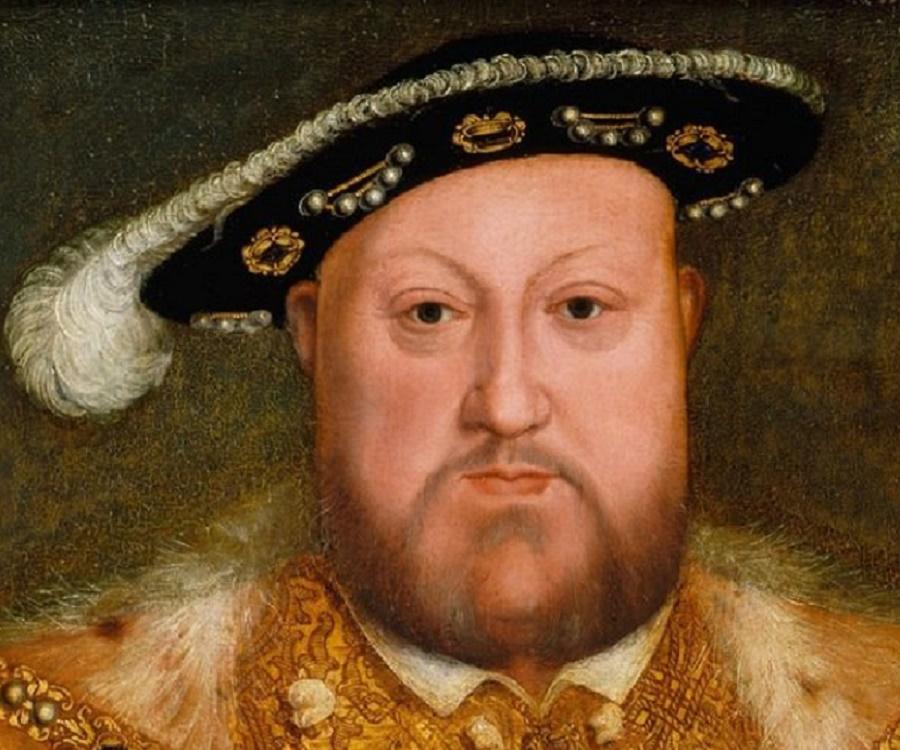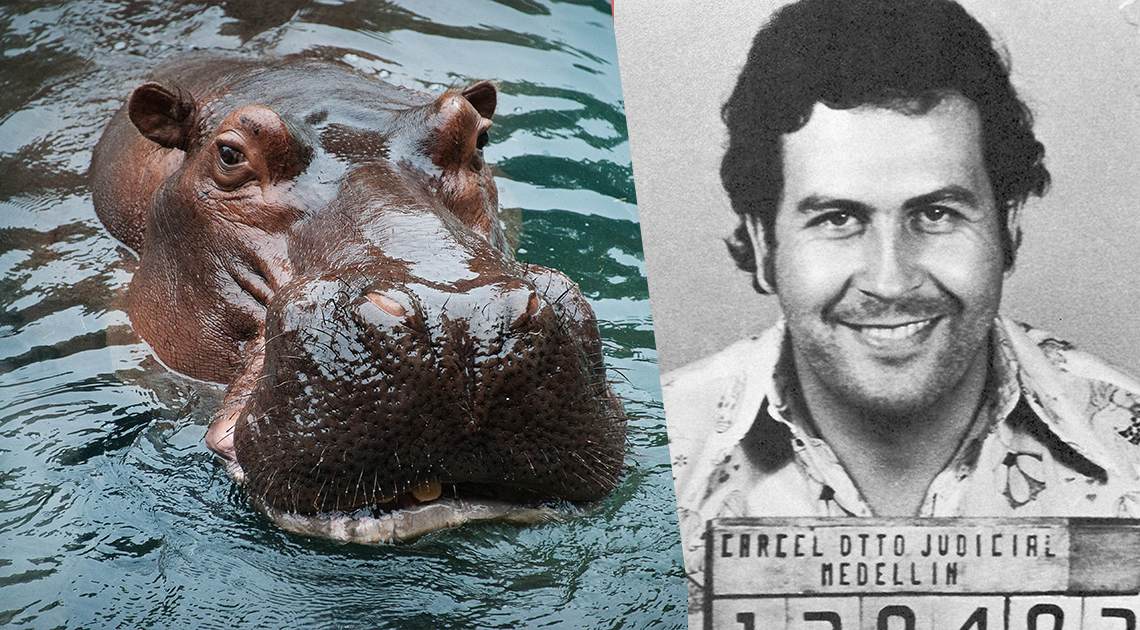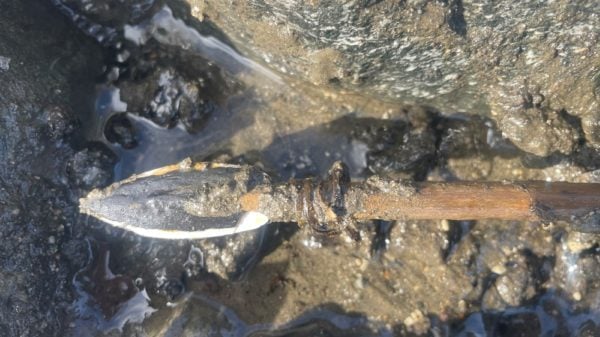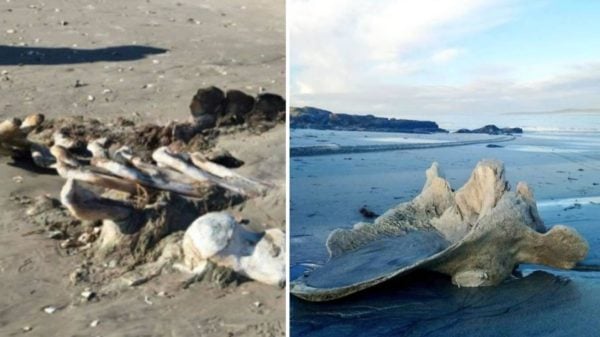Move over Cocaine Bear, we have a new cocaine animal in town.
As of late Colombian residents are voicing their concerns over the expanding population of invasive hippos, commonly referred to as “cocaine hippos.”
Sorry Narcos lovers, these hippos are not actually involved in drug use like the now infamous Cocaine Bear, but instead, they descended from four hippos illegally brought into the country by none other than Pablo Escobar, arguably one of the most notorious drug cartel leaders in history.
After Escobar was killed in 1993, the hippos escaped.
Over the past three decades, their population has steadily increased, posing a threat to both humans and the Colombian natural environment. Unlike the African Savannah, the hippos hear do not have any natural predators.
The issue has sparked a debate among locals. Some see potential benefit from hippo-related tourism opportunities, while others are fearful. Fishermen, in particular, are concerned about the territorial nature of the hippos, which can pose a serious threat to their business.
Over the years, researchers have carefully studied the impact of hippos on Colombia’s local ecosystems, finding that they cause damage to riverbanks and forests by trampling plants. Now, more than ever, these same hippos are competing with native animals, such as the West Indian manatee, for food.
Scientists are urging Colombian officials to take action before the problem escalates further. They argue that while there may be ethical considerations in culling hippos, the consequences of inaction are even greater.
A census conducted in 2022 revealed that the hippo population in Colombia has grown significantly. In 2020, there were an estimated 98 hippos. Now, there are anywhere between 180 and 215, almost 40% of which are babies.
With such rapid population growth, scientists believe these hippos may be reaching sexual maturity much earlier.
The Colombian government is exploring different strategies to address the issue. Some suggest administering contraceptives to the hippos, although this is expensive and not extensively tested. Another expensive and challenging approach involves capturing and castrating the hippos.
The possibility of relocating the hippos to sanctuaries in other countries is also on the table, though due to the sheer size and number of these animals, not to mention their behavior, doing so would be equally difficult.
The last resort would be to cull the hippos, and though it’s certainly a controversial measure, it might be necessary to protect Colombia’s rich biodiversity, according to researchers. If left unchecked, the hippos could have a significant impact on the delicate balance of flora and fauna in the region.
As for what the Colombian government will eventually do with these “cocaine hippos” is unknown, and it’s wild to think that one man, Pablo Escobar, was the root of it all
With a fast-growing population, which is now posing a threat to both humans and the environment, it is the hope of locals that decisions will be made quickly.






